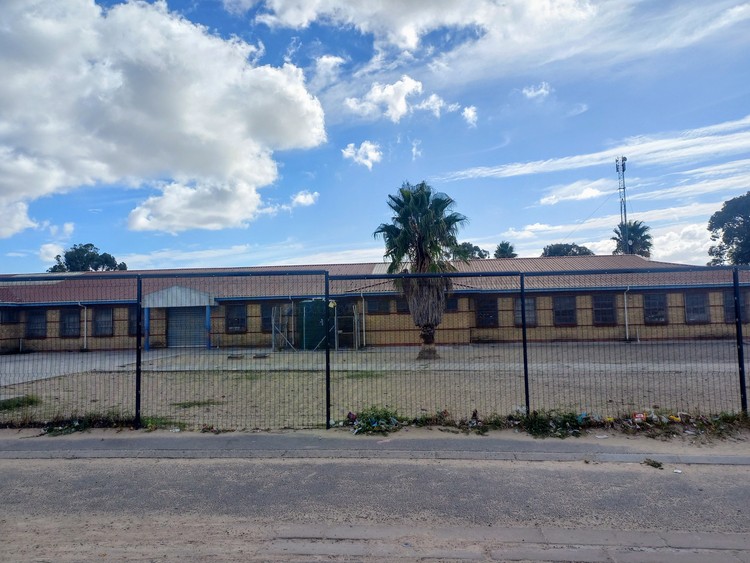Cape Town school in the dark because it owes thousands to Eskom
A teacher at Vergenoegd Primary in Delft, Cape Town, says they discovered that the bursar office missed payments from August 2023
Eskom cut electricity to Vergenoegd Primary School in Delft after the school did not pay its outstanding fees of about R39,000. Photo: Marecia Damons
- Vergenoegd Primary School in Delft has been without electricity since February 2024 after its bursar’s office failed to pay Eskom since August 2023.
- The school owes about R39,000 and will need another R2,000 as a reconnection fee.
- While the school managed to raise R20,500 and paid it to Eskom, the power utility says it is not enough to cover the shortfall needed to reconnect power.
- The Western Cape Education Department says it has been helping the school pay outstanding municipal fees for two years.
A primary school in Delft, Cape Town owed Eskom about R39,000 and has been without electricity since February. The education department is trying to assist the school but this is not the first time it has been bailed out.
Vergenoegd Primary is a non-fee paying school, which means it is allocated money by the Western Cape Education Department (WCED). But the school is responsible for using that money, including ordering stationery and textbooks, paying water and electricity accounts and undertaking maintenance.
The school has over 1,500 learners.
Despite attempts to make payment arrangements with Eskom, a teacher who asked not to be named, says the power utility has been unwilling to assist the school.
The teacher said the staff were shocked when Eskom cut the school’s power. The teacher said the school had discovered that its bursar office missed payments from August 2023.
By the time the fault was discovered, Eskom said they had accumulated arrears of about R28,000, which the school could not afford to pay.
On 9 March, the school held a food fair on its premises to raise emergency funds to pay their outstanding bill. They raised about R20,500. It was apparently paid to Eskom the next week.
According to the teacher, the school contacted Eskom again after making the payment to ask that their electricity be reconnected, but Eskom refused because the school was still many thousands of rands in arrears.
In email correspondence between Eskom and the school, which GroundUp has seen, Eskom confirmed it had received the school’s payment of R20,500. But since the school’s account was already R39,000 in arrears, it needed to pay at least R15,000 of the R18,500 that it owes, as well as a R2,070 reconnection fee before electricity could be reconnected.
The teacher said the school is still investigating why its bursar’s office had failed to pay the power utility.
WCED spokesperson Bronagh Hammond said the district office is aware of the issues and is working with the school to resolve this matter.
Hammond said Vergenoegd Primary received more than R1.8-million in 2023 to cover expenses like municipal services and utility accounts. “As a Section 21 school, it receives the total allocation to manage accordingly,” she said.
Hammond said that in the last two years, the WCED has assisted the school with nearly R480,000 to pay its outstanding municipal debt.
Eskom spokesperson Kyle Cookson said that the power utility had notified the department’s district office before disconnecting the school on 27 February.
Cookson confirmed that the school remains without electricity.
“The school ran up arrears and made a short payment on 12 March after they were disconnected. This payment was not sufficient to cover the arrears as well as the reconnection fee,” he said.
Cookson did not comment on the allegation that Eskom was not willing to agree to a payment arrangement with the school.
Next: Elections 2024: How people with disabilities can vote
Previous: Beating a thousand drums for Palestine
© 2024 GroundUp. This article is licensed under a Creative Commons Attribution-NoDerivatives 4.0 International License.
You may republish this article, so long as you credit the authors and GroundUp, and do not change the text. Please include a link back to the original article.
We put an invisible pixel in the article so that we can count traffic to republishers. All analytics tools are solely on our servers. We do not give our logs to any third party. Logs are deleted after two weeks. We do not use any IP address identifying information except to count regional traffic. We are solely interested in counting hits, not tracking users. If you republish, please do not delete the invisible pixel.



